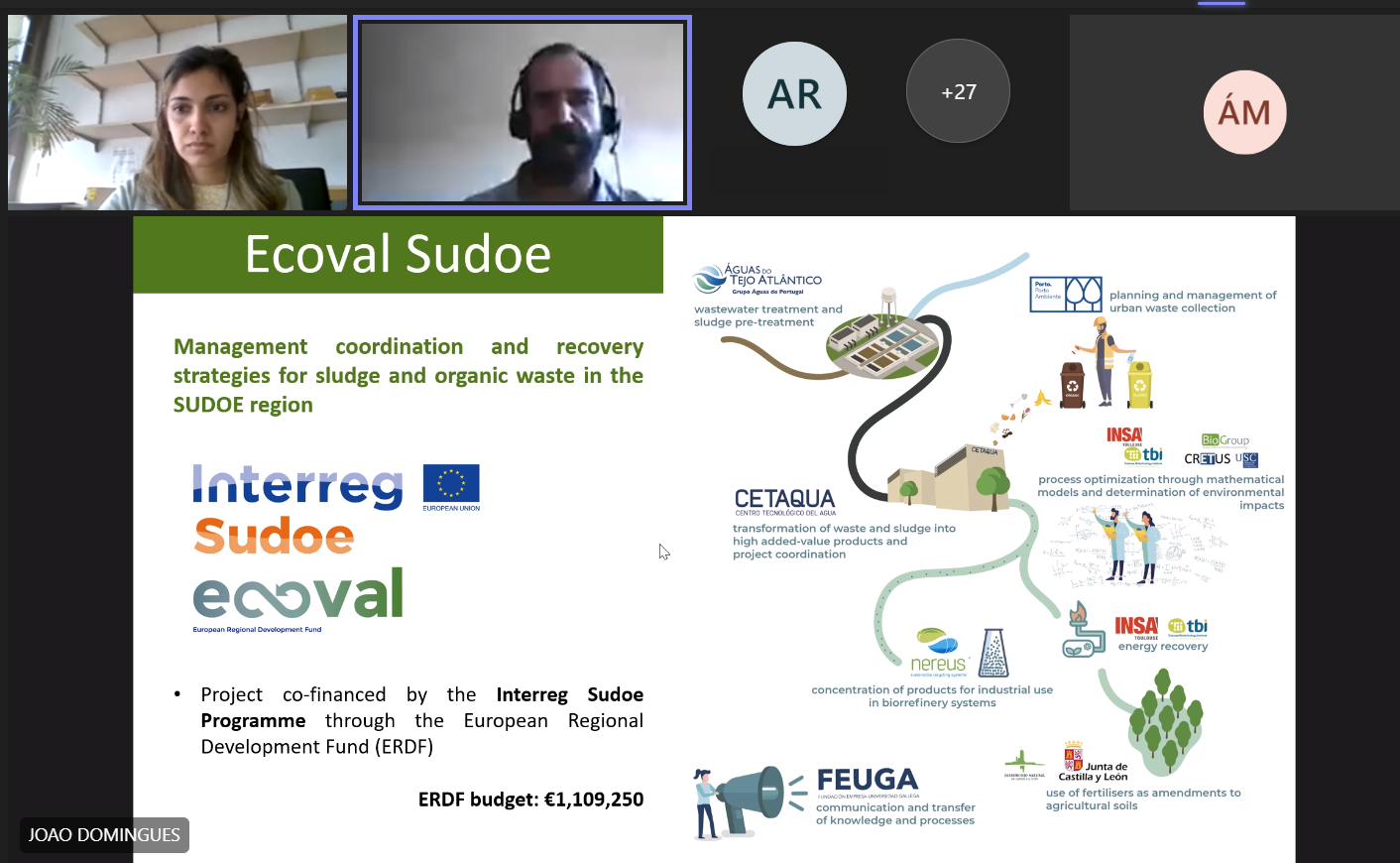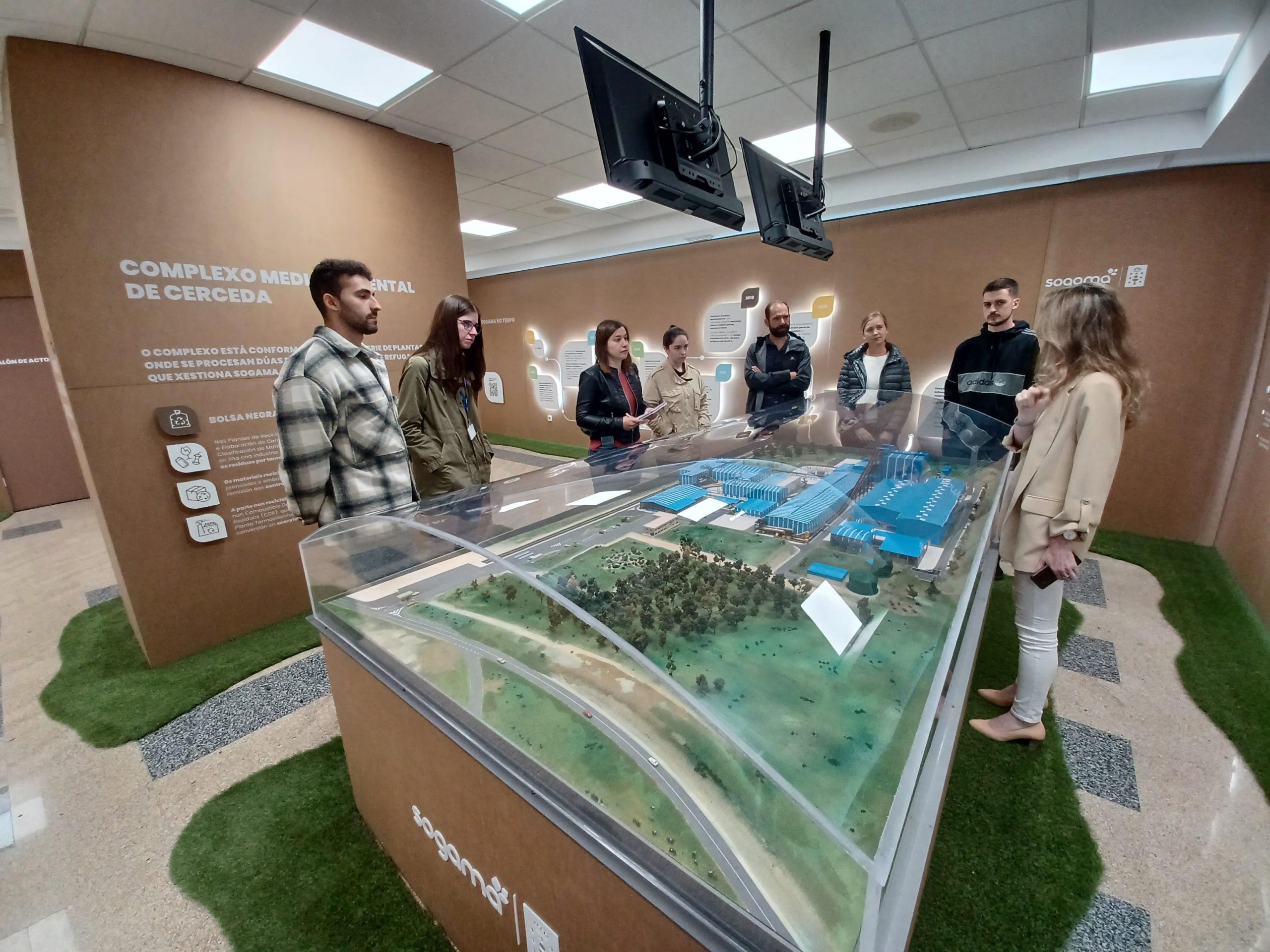On Friday 23 September, between 14:00hrs and 16:00hrs, the Nutrient Recycling Community webinar, organised by the University of Ghent, took place. Several projects related to the recovery of nutrients from waste effluents in the food and agriculture industry were presented remotely. There was also a round table where the different actors shared ideas and were able to generate synergies between common objectives or processes.
The Nutrient Recycling Community is an initiative driven by the European Biorefinery Cluster (ECB), of which Ecoval is a member. It started as a continuation of the EIP-AGRI Focus Group on Nutrient Recycling and currently has more than 70 members, including universities, research centres, European associations, policy groups and others. Its work focuses on the recovery of nutrients from waste streams in the agri-food value chain and their use as sustainable fertilisers. The aim is to boost the circular economy by closing the life cycle of nutrients and reducing the use of plant protection products in agriculture.
The transition to a more circular economy through resource recovery is one of society’s priorities and nutrient recycling can play a key role in its development.
The event began with a brief introduction to the Nutrient Recycling Community by Laia Llenas Argelaguet from the University of Vic (UVIC), to then move on to the presentation of the various projects invited and linked. Each one 5 minutes to explain their relationship with nutrient recovery. They are: LEX4BIO, dedicated to biofertilizers in agriculture, Nutri2Cycle, specialists in the agri-food nutrient cycle, WalNut, focused on the valorisation of wastewater to produce biofertilizers, Fertimanure, focused on the recovery of nutrients to make biofertilizers from animal manure, Nitroman, researchers in the conversion of raw manure into mineral fertilizers, Run4Life, focusing on the recovery of nutrients to create low-impact fertilizers, Renu2Farm, linked to increasing the recycling of nitrogen, phosphorus and potassium from the food production chain, RUSTICA, providers of technical solutions to convert organic waste from the horticultural sector into biofertilisers, Circular Agronomics project, facilitators of development towards smart and sustainable economies, Ecoval Sudoe, promoters of sludge and organic waste management and valorisation, and Sea2Land, producers of bio-based fertilisers from fisheries waste.
They all presented in that order until 15:00hrs, when a 50-minute round table discussion between them moderated by Kari Ylivainio of the Natural Resources Institute of Finland (LUKE) began, and a closure with conclusions brought the event to a close at 16:00hrs.




